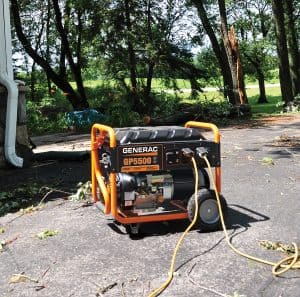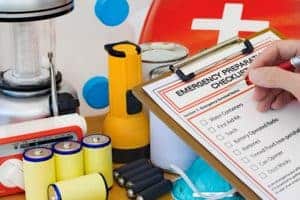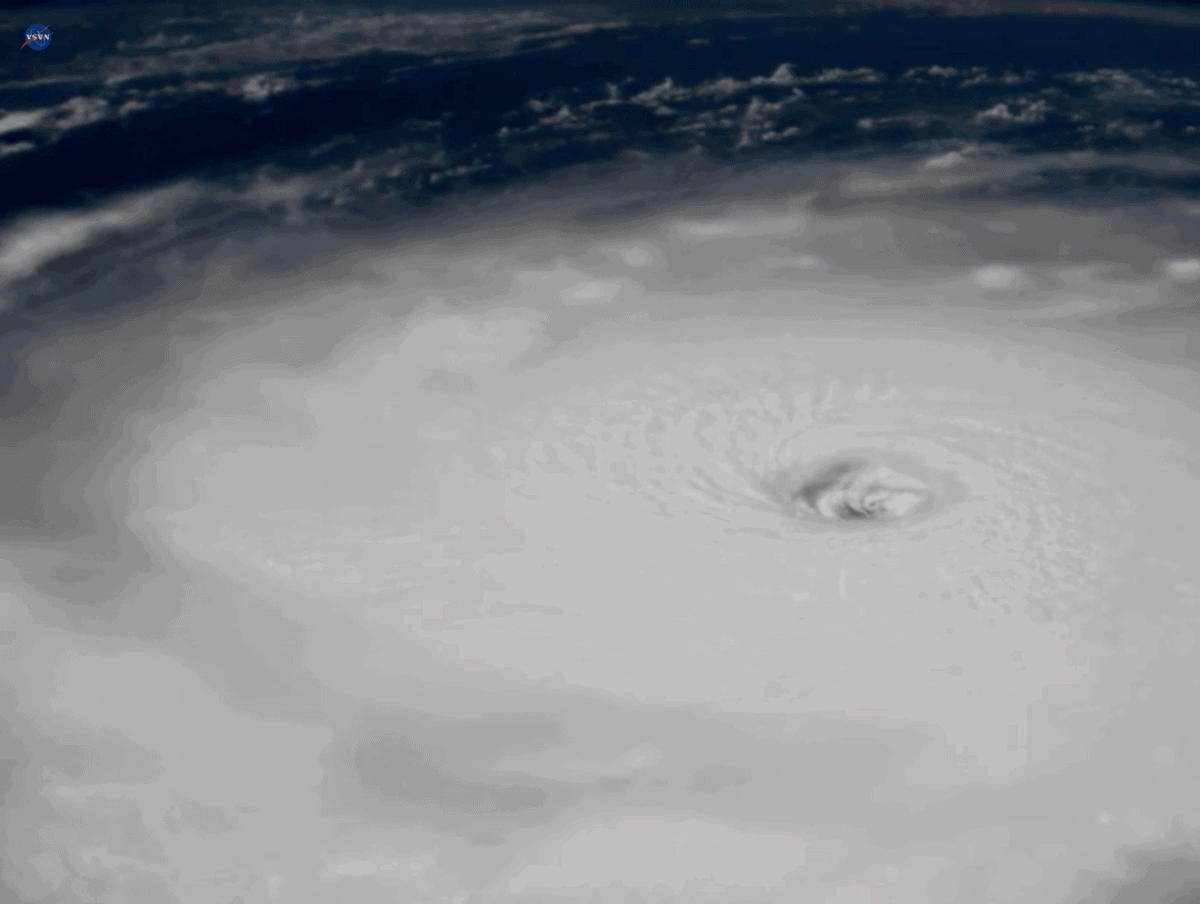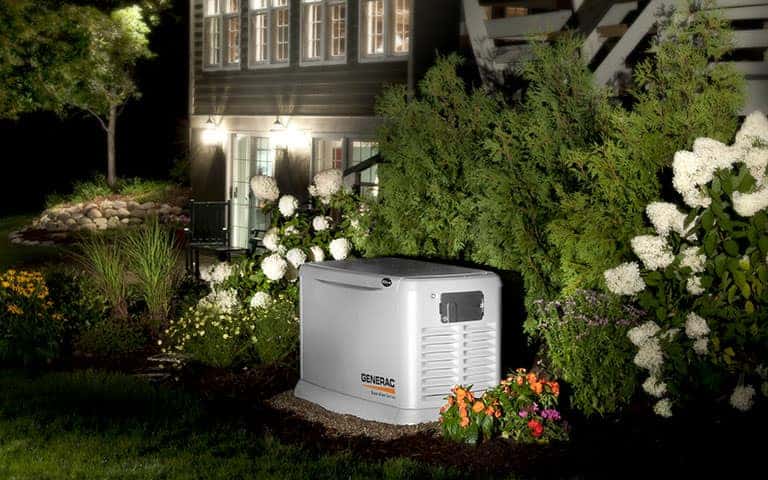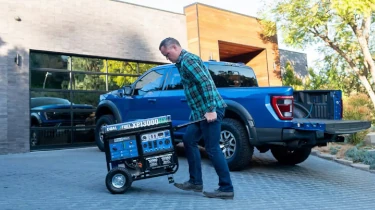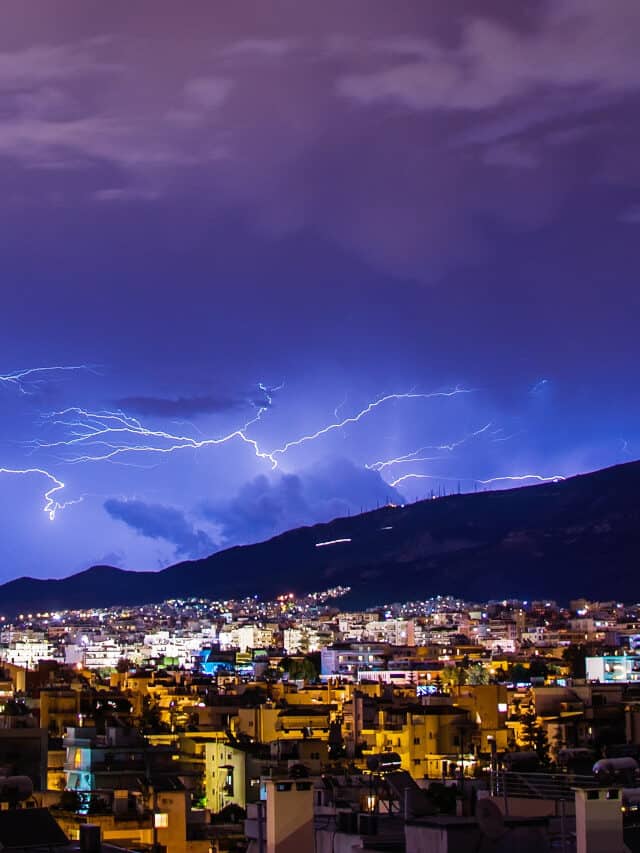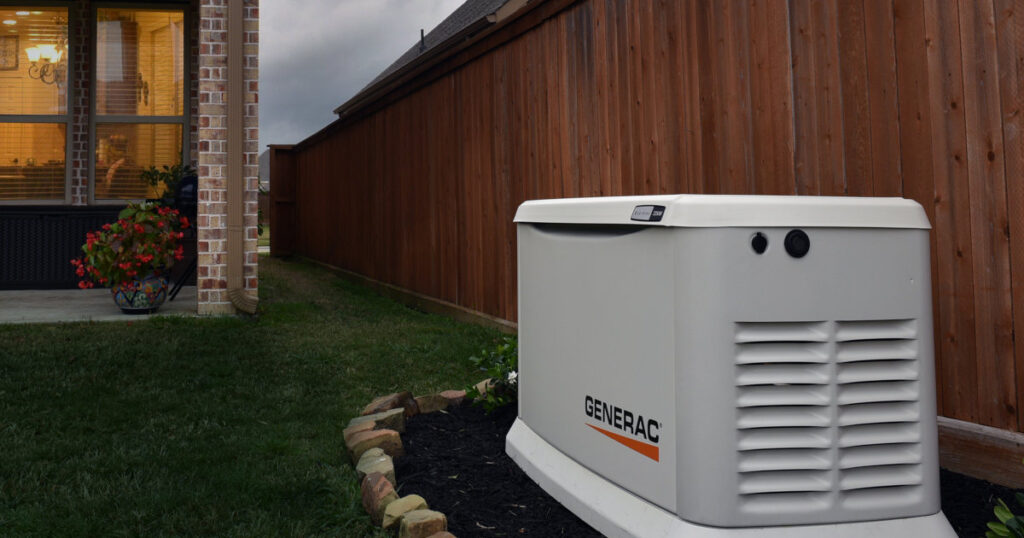Emily Makes Landfall on Anna Maria Island near Tampa Bay
The Atlantic Hurricane Season begins June 1 and ends on November 30. Of the six-month period, June, July and November are the least active with an annual average of less than one named storm during each of these three months. During an average year, forecasters expect two or more storms during August; three or more during September; and around two storms in October.

Atlantic Storm Season to Date
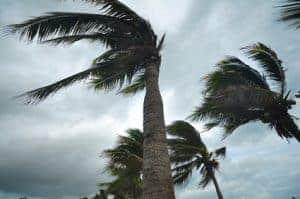
Palm trees blown by hurricane wind
During a period which typically sees less than two named storms on average in any year, the Atlantic Basin has already seen five in addition to a tropical depression that prompted advisories. Even without the formation of a hurricane, 2017 has thus far been more active than usual.
2017 was forecast as an average season. Although no hurricanes have formed yet, Tropical Storm Emily is the fifth named storm of the season putting the Atlantic Basin ahead of the forecast. When TS Arlene formed in late April, it marked the third consecutive year that a storm formed before the official start of the season. Tropical Storm Bret formed on June 19 near the islands of Trinidad and Tobago off the coast of Venezuela. It was the lowest latitude tropical cyclone since 1933.
2017 Generac Guardian Features and Benefits
Cindy formed the next day and initially covered a broad area. It drove inland along the Gulf Coast between Port Arthur, Texas and Cameron, Louisiana. Bret and Cindy were blamed for three deaths.
Tropical Depression Four showed developmental promise in early July with signs of organized convection, but a transition into a more stable environment caused it to degenerate into a tropical wave. Another tropical depression in mid-July developed into TS Don over the Central Atlantic, but degenerated by the time it reached the Windward Islands.
Emily made landfall off the western coast of Florida’s Anna Maria Island as a tropical storm on July 31, 2017 around 11 AM EDT. It is expected to weaken as it crosses the peninsula, then strengthen again over the warm waters of the Atlantic Ocean. The forecast track currently remains uncertain, but initial tracks indicate a northeast movement away from the United States.
2017 Hurricane Season Peak
As the season heads into the peak months of August, September, and October, coastal residents should check their preparations. Keep at a minimum a three-day supply of nonperishable food and enough water for drinking and washing. Restock any supplies taken from emergency disaster kits. Review evacuation plans and routes. Include children and all family members in the plan for an approaching storm.
If you still don’t have an NOAA Weather Radio, it’s not too late to buy one. They cost as little as twenty dollars and are an invaluable source of information before and after a storm.
Remember that any plans you make should include your pets. Many storm shelters won’t allow them and whether you evacuate or stay home, they need food and water too.
Basic Preparation for Hurricanes and Tropical Storms
Hurricane Preparedness: Know Your Risks, Make Your Plans
FEMA recommends a portable generator as a minimum safeguard against power outages. Rotate gasoline supplies and use a stabilizer to ensure the fuel stays fresh. Start the portable generator at least every two weeks for a few minutes to keep it ready. Replenish maintenance supplies such as filters, oil, and spark plugs.
How to Choose the Best Home Generator for Backup Power
Standby generators operate on your home’s gas supply, either natural gas or propane, and don’t need continuous refueling. They are automatic generators and are permanently connected to the home via an Automatic Transfer Switch. When an outage occurs, they start and run automatically and typically supply power to the home in less than a minute after the outage occurs.
Prepare Now
A lot goes into preparing for the arrival of a hurricane. Those who prepare in advance will find the process easier and less stressful. They know where to go and when to go, and are well informed when a hurricane does threaten their area. If they are not among those ordered to evacuate, they are well prepared to ride out the storm in relative comfort and safety.
Are you prepared?

